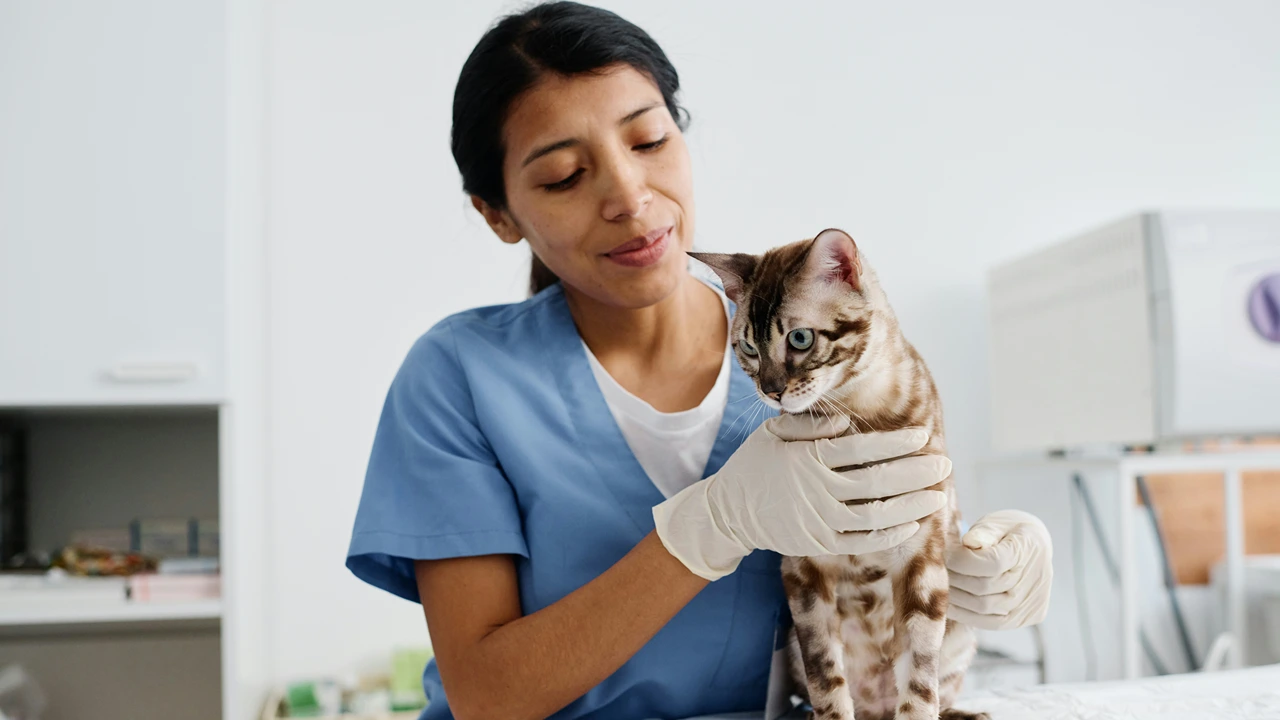TL;DR: What You Need to Know About Blood Tests for Cats
- Not just for sick cats: Routine blood work can detect hidden problems early, even when your cat seems healthy.
- Preventive power: Blood tests help establish a health baseline, monitor changes over time, and catch diseases before symptoms show.
- Quick, safe, and gentle: Blood is usually drawn from the neck or leg in a stress-minimized process. Most tests require only a small sample.
- What’s tested?: From red and white blood cells to kidney and liver enzymes, thyroid levels, and more, each test reveals a layer of your cat’s health.
- Why it matters: Early detection leads to faster treatment, better outcomes, and peace of mind. Your cat’s blood can tell you a lot before problems become serious.
Got questions? Consult with us, we'll walk you through every result and help you understand what your cat’s body is saying.
Is your cat healthy on the inside? As cat parents, we wish our fur babies could tell us exactly how they’re feeling. Cats are masters at hiding illness, and what may seem like a minor behaviour change could be a sign of a more serious underlying condition.
Blood work acts as a valuable tool for your cat’s health. Like a window into your pet’s internal health, blood tests can reveal information about your cat’s organ function, immune system. Whether it’s checking how well their kidneys are filtering, how their liver is doing or if there’s any sign of infection, these tests can pick up on potential issues before your cat starts showing obvious signs.
In this blog, we’ll go over the importance of blood tests, when your cat may need one, how veterinarians diagnose illness in cats with bloodwork and what those blood work results could mean.
The Importance of Cat Bloodwork in Preventive Care
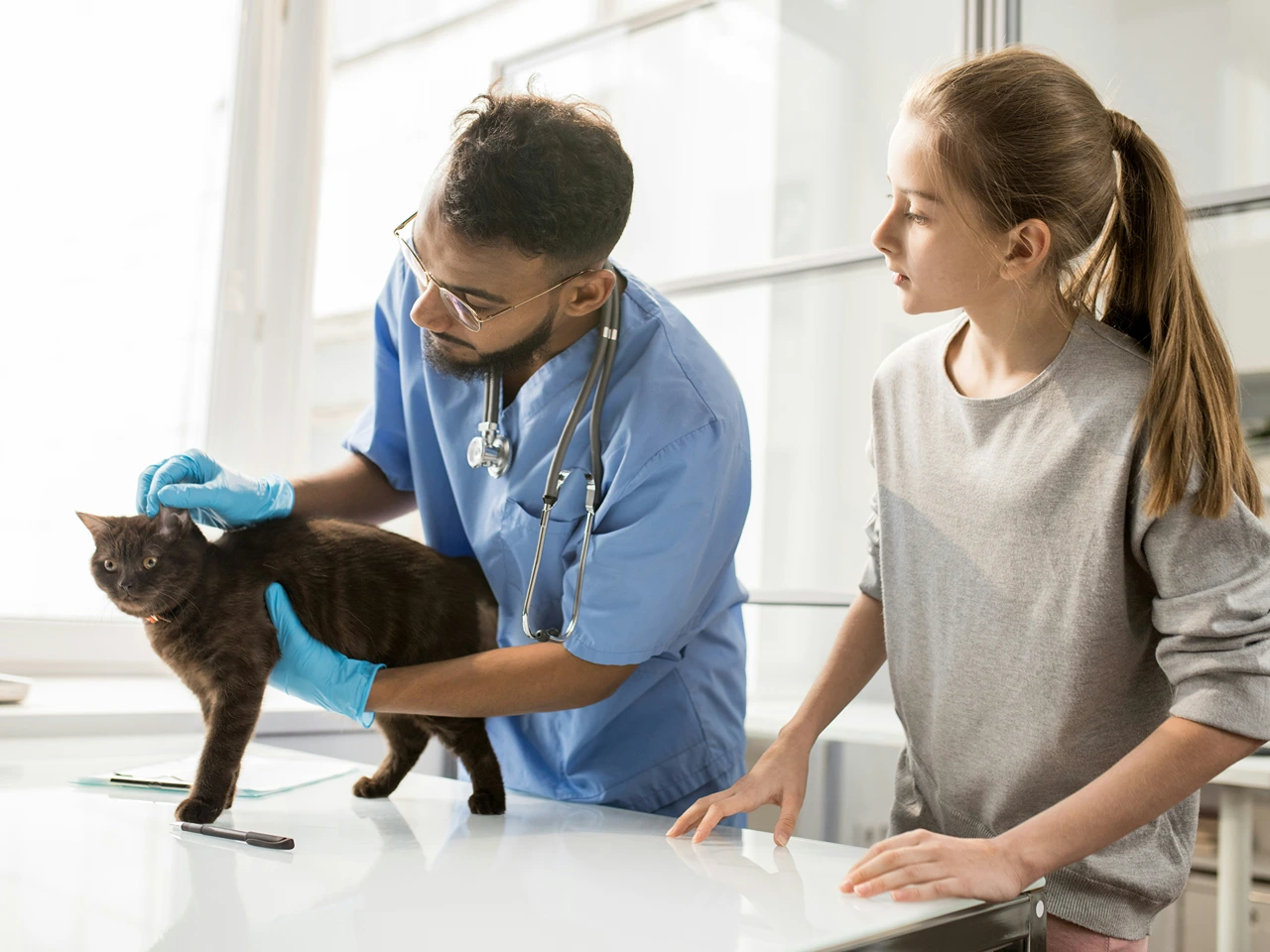
Blood work for your cat is key to keeping them healthy, especially when used as part of a proactive care plan. It helps catch problems early, track health trends and support safer treatments throughout their life. Getting lab work done early sets a personal benchmark for your cat’s health. These tests are important to know what’s normal for your cat so future changes are easier to detect.
- Tracks Subtle Changes in Internal Health Over Time: Cats hide symptoms until diseases progress but blood work can help detect early changes in internal health. It also helps distinguish between kidney and non-kidney issues by monitoring BUN and ALT over time.
- Complements Physical Exams: Physical exams show what’s happening on the outside, and cat blood work shows what’s happening inside. When used together, these two tools give you a more complete and accurate picture of your cat’s health.
Why Do Cats Need a Blood Test?

There are several reasons why a vet might recommend blood work for your cat, even if they appear perfectly healthy. Symptoms like weight loss, lack of energy, or changes in eating habits may seem minor but could point to underlying conditions. Blood tests detect issues such as liver disease, anemia, or diabetes mellitus early, before symptoms worsen.
- Routine Health Screenings for Aging Cats: As cats grow older, routine blood tests become more important for preventive care. These screenings help evaluate kidney function in cats, spot bleeding disorders, and monitor blood glucose, conditions often associated with kidney disease and aging.
- Pre-Surgical Evaluations and Preventive Care: Before any procedure involving anesthesia, a common blood test is typically performed. This step ensures your cat’s liver and kidneys are strong enough to process medications safely, making it a vital part of veterinary care.
- Monitoring Chronic Conditions: For cats living with long-term illnesses like hyperthyroidism or diabetes mellitus, ongoing blood work is essential. These tests track how well treatments are working and alert your vet to any complications early on.
- Early Detection of Hidden Health Issues: Some health problems develop quietly without visible signs. Routine lab tests are recommended because they often uncover disease in its early phase, when it’s most treatable, making blood work a powerful tool in preventive care.
How Veterinarians Use Blood Work to Diagnose Conditions
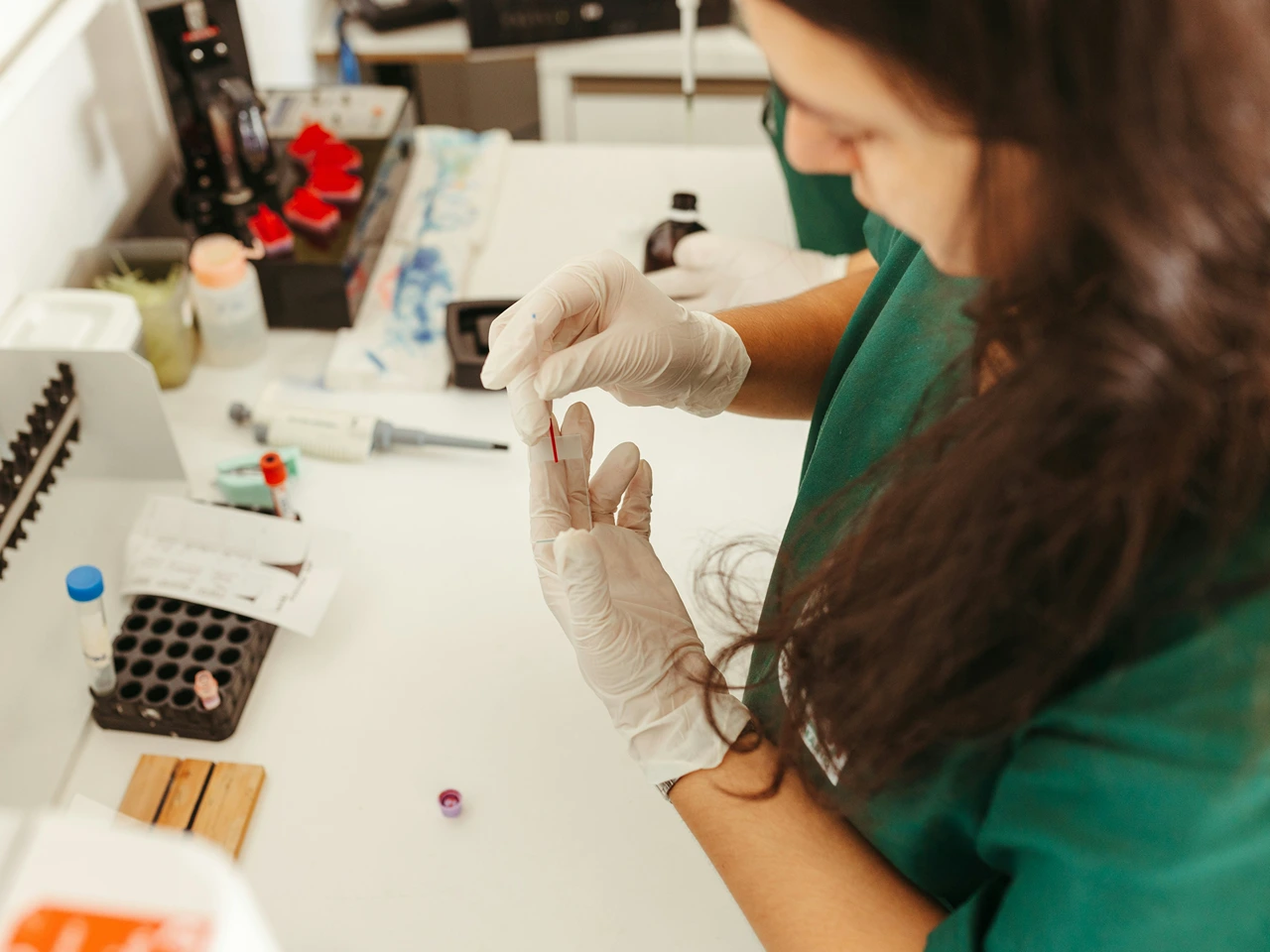
Drawing blood is a routine yet powerful tool for evaluating your cat’s internal health, especially when symptoms are vague or not yet visible. The procedure is quick and minimally invasive, typically involving a small sample from a vein in the neck or leg. Despite the small amount collected, it reveals information to help identify the source of the disease.
Detecting Internal Infections and Inflammation
Changes in the type of white blood cells may signal infection, inflammation, or even certain types of anemia. These findings help your vet understand what’s going on internally, especially when outward signs are unclear.
Detecting Early-Stage Organ Disease
Elevated levels of blood urea nitrogen (BUN) or ALT can reveal kidney or liver problems well before symptoms show. Early detection through blood work enables timely treatment and better outcomes.
Identifying Anemia, Dehydration, or Clotting Disorders
These issues are significant in cats, particularly those with past injuries or chronic illnesses. Blood work evaluates your pet’s red blood cells and clotting ability to spot anemia, dehydration, or bleeding risks.
Diagnosing Endocrine Disorders
Blood panels can uncover hormonal imbalances linked to hyperthyroidism or diabetes mellitus. By checking hormone and glucose levels, vets can detect these conditions early and begin treatment promptly.
Evaluating Hydration and Electrolyte Balance
Blood tests assess blood serum values and electrolyte levels to evaluate your cat’s hydration status. This helps your vet determine if there are imbalances in fluids, acidity, or metabolic function that may require correction.
Common Types of Cat Blood Tests
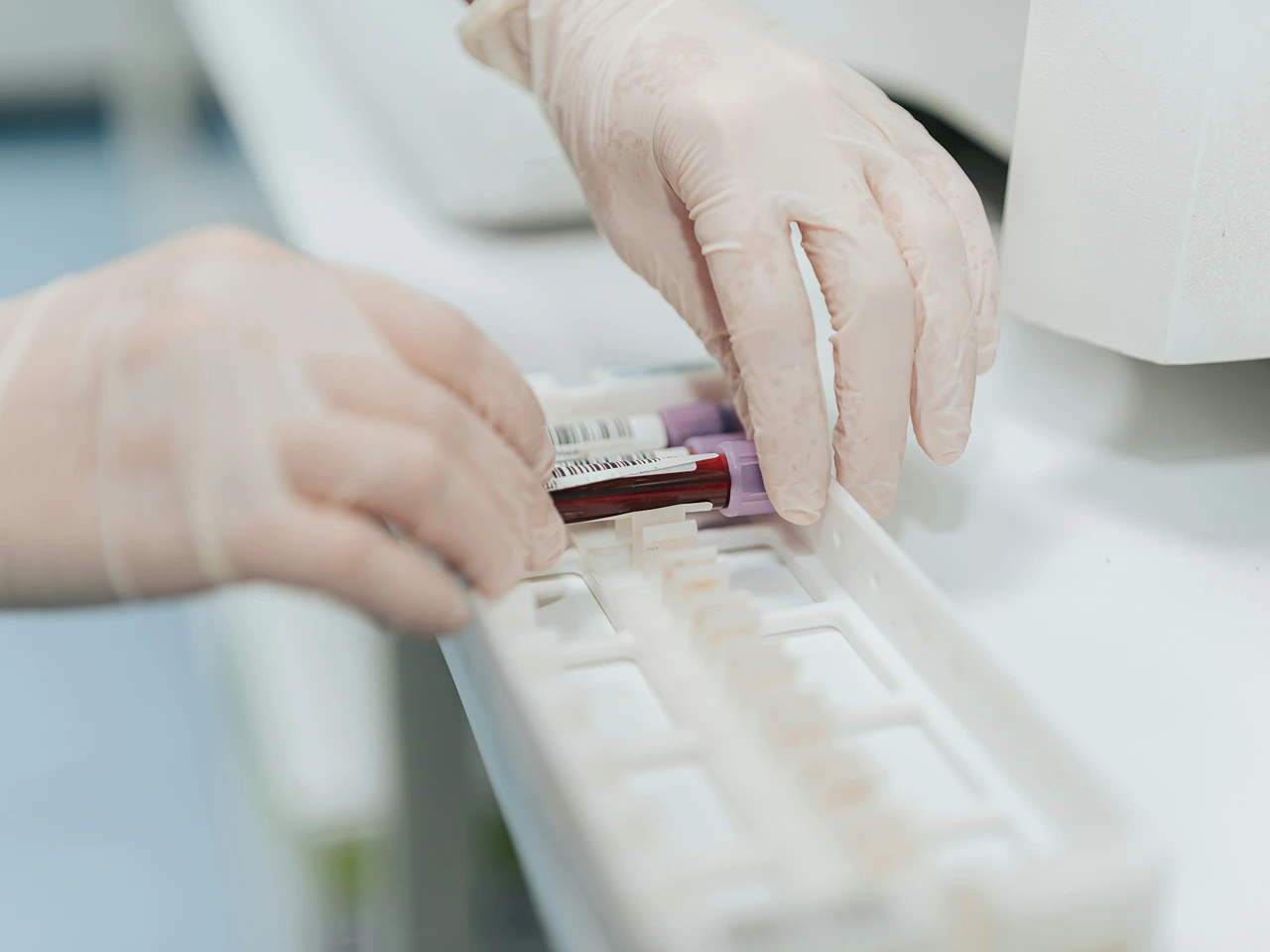
Understanding the types of blood work your vet may recommend can give you peace of mind and help you make informed decisions about your cat’s health. Each test offers valuable insights that support accurate diagnosis and effective care.
Complete Blood Count (CBC)
The complete blood count, also known as a CBC, is a common test that measures white and red blood cells, along with platelets. It helps detect infections, inflammation, and blood-related conditions such as anemia or clotting issues.
Chemistry Panel
Often done alongside a CBC, this panel evaluates enzyme levels, offering critical information about kidney and liver function. It provides a useful snapshot of your cat’s internal organ health.
Thyroid Function Test (T4)
This test measures thyroid hormone levels and is especially useful in older cats. It helps detect hyperthyroidism, a frequent issue in senior felines that can lead to weight loss, restlessness, and other changes.
FeLV/FIV Testing
These tests are also performed to screen for feline leukemia virus (FeLV) and feline immunodeficiency virus (FIV), both of which can seriously compromise your cat’s immune system, even in the absence of symptoms.
Blood Clotting Profiles
Before surgery or after trauma, blood clotting tests are essential. They evaluate your cat’s ability to form clots properly and help prevent complications from excessive bleeding during or after procedures.
Specialized Tests
Advanced tests like SDMA (for early kidney changes) or fructosamine (to monitor blood sugar over time) provide deeper insights. These tests support precise diagnoses, especially for conditions like diabetes mellitus or chronic kidney disease.
What Your Cat's Blood Test Results Could Mean
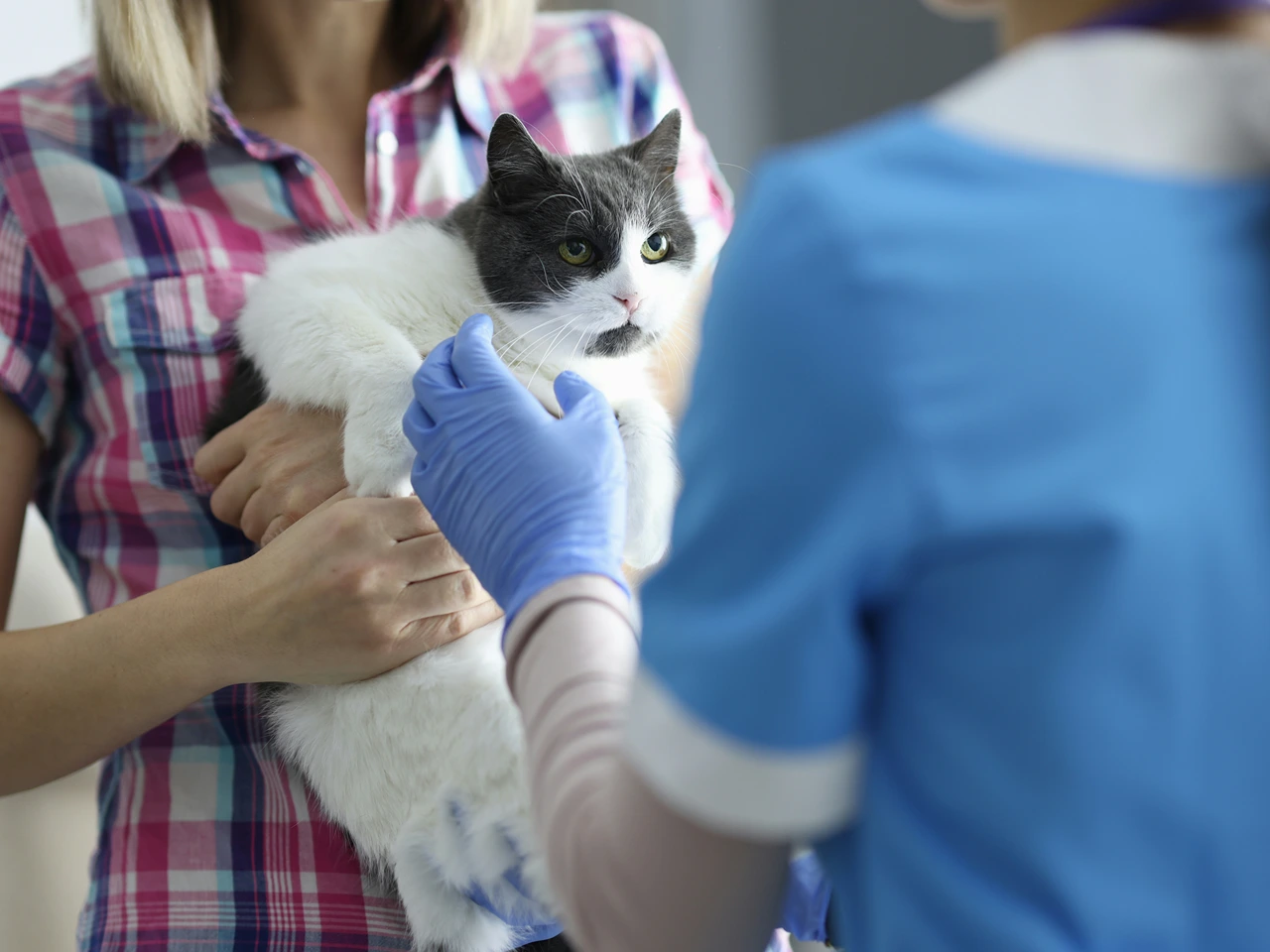
After your cat’s blood sample is analyzed, your veterinarian will carefully review the blood work results to determine what they reveal about your cat’s health and what steps should follow. Vets use these results to narrow down possible causes of abnormal levels. For example, they can differentiate between kidney and non-kidney causes of elevated BUN, glucose, or ALT, helping them reach a more accurate diagnosis.
- Normal vs. Abnormal Values: Blood test values that fall outside the normal range may point to issues. However, vets don’t just look at a single number, they also consider patterns, symptoms, and medical history to give context.
- High or Low Values: Specific changes in blood values can be very telling. A low red blood cell count may signal anemia, while elevated blood sugar could suggest either diabetes or a temporary spike due to stress or illness.
- Trends in Serial Blood Tests: Looking at results over time is often more useful than a single test. Serial blood tests help track the progression of disease, catch early warning signs, and monitor how well treatments are working.
Sometimes blood work alone doesn’t provide all the answers. If the results are unclear or concerning, your veterinarian may recommend follow-up tests, such as X-rays, ultrasound, or specialized panels to confirm a diagnosis and create an appropriate treatment plan.
Preparing Your Cat for a Blood Test
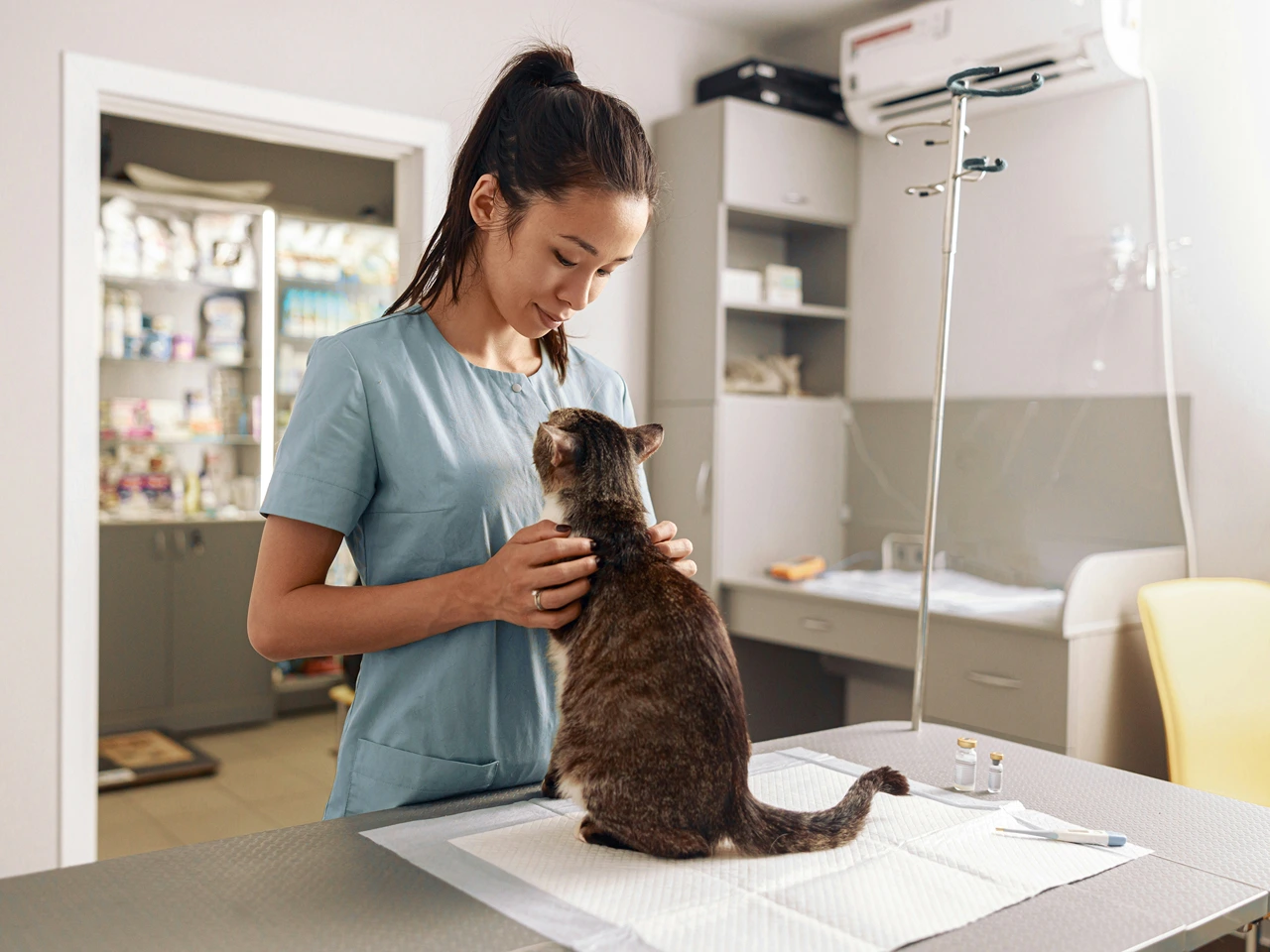
A little preparation can go a long way in ensuring accurate results and making the experience more comfortable for both you and your cat. Taking a few simple steps ahead of time helps reduce stress and supports smoother testing.
- Stress-Free Blood Draw: Bring your cat in a secure, well-ventilated carrier lined with a soft blanket that carries a familiar scent, like one from home. Speak calmly and gently to your cat throughout the visit to help soothe their nerves and create a sense of safety.
- Fasting and Other Pre-Test Preparations: Some blood tests, especially those involving blood glucose, require your cat to fast beforehand for accurate results. Always follow your veterinarian’s instructions about food, water, or medications before the appointment.
- Minimizing Stress During the Visit: If your cat is nervous around strangers or in new environments, ask if your veterinary hospital offers fear-free techniques or calming aids. Some clinics may provide pre-visit medications to help keep anxious cats calm and cooperative.
- What to Expect Post-Visit: Your cat might feel a little tired or unsettled after the appointment. Give them a quiet, cozy place to relax at home, and when they’re ready, offer a treat or some affection to help them wind down and feel reassured.
Final Thoughts
Getting blood work for your cat isn’t just for when they’re sick. It’s part of routine blood testing that helps your vet catch health problems early and keep your cat living long and happy. Whether it’s checking organ function, identifying early signs of illness in cats or monitoring chronic conditions, blood tests are usually recommended because they give you a window into your pet’s internal health.
Your cat can’t tell you how they feel, but their blood can. With regular testing, you’re not only protecting their health, you’re giving them the best chance at a healthier tomorrow.
Frequently Asked Questions
What can a blood test for cats reveal about their internal health?
A blood test offers a window into your cat’s hidden health status, beyond what a physical exam can show.
Detects silent conditions: A blood test for cats helps uncover hidden illnesses like diabetes mellitus or liver disease, even if there are no visible symptoms.
Monitors age-related issues: Blood testing is important for senior cats, as it helps track declining organ function and common chronic conditions.
Evaluates overall health markers: Your vet uses the cat’s blood work to examine glucose, enzyme levels, and red and white blood cells for early warning signs.
Supports timely treatment: Tests can help identify diseases at an early stage, allowing treatment before complications arise.
Assists in preventive care: Since tests are important in evaluating baseline health, they’re often part of routine vet checkups, especially for aging or at-risk cats.
How are blood work results interpreted by veterinarians?
Vets don’t just look at the numbers, they decode patterns, trends, and values to guide your cat’s care.
Red flags in values: Unusual blood work results can point to conditions such as anemia, infection, or kidney disease depending on which values fall outside the norm.
Kidney and liver insight: High levels can lead to early diagnosis of kidney or liver dysfunction, especially when paired with other clinical signs.
Track health patterns: Vets look for trends across multiple tests to understand the progression or improvement of a condition.
Follow-up needs: If results are unclear, further imaging or advanced testing may be recommended to confirm a diagnosis.
Adjustments to care: Your vet may use the findings to tailor treatment or medications, making decisions based on your cat’s individual blood work results.
What kind of conditions can blood tests detect in cats?
From internal infections to metabolic disorders, blood tests detect a wide range of health concerns.
Metabolic disorders: Blood tests detect endocrine problems by examining hormone and glucose levels.
Kidney-related concerns: They can show an early indicator of kidney function, often before clinical symptoms begin.
Infectious diseases: Vets use tests to check for viruses like FeLV or FIV, which can weaken your cat's immune system.
Clotting or anemia issues: A CBC can reveal blood clotting problems, dehydration, or anemia.
Liver and enzyme imbalances: Chemistry panels assess liver enzyme levels in cats, helping detect organ damage or inflammation.
When should blood tests be performed for your cat?
Timing matters; certain situations call for immediate testing, while others are part of routine care.
Before surgery or medication: Blood tests are performed to ensure your cat’s organs can handle anesthesia or certain drugs safely.
During senior wellness exams: As cats age, routine panels become more essential in spotting common geriatric health issues.
When unexplained symptoms appear: If your cat is lethargic, losing weight, or showing behaviour changes, testing can clarify the cause.
To monitor long-term conditions: Chronic illnesses like diabetes or thyroid issues require regular testing to track treatment success.
As part of routine care: Cat blood tests are usually part of annual exams for early disease detection and prevention.
Why is regular blood testing recommended for cats even when they seem healthy?
Cats hide discomfort well. Routine testing can identify issues before they become visible or serious.
Hidden illnesses: Even seemingly healthy cats can have early-stage diseases that only show up in bloodwork.
Tracking subtle changes: Repeated tests over time help identify minor shifts that may signal the onset of disease.
Improves treatment outcomes: Early detection from routine tests can lead to quicker recovery and more manageable conditions.
Helps guide vaccination plans: Bloodwork may be required before certain shots to check if your cat’s immune system and organs are ready.
Peace of mind for pet owners: Knowing your cat is healthy on the inside helps you act early and avoid late-stage surprises, we often see cats with no symptoms but abnormal results.

